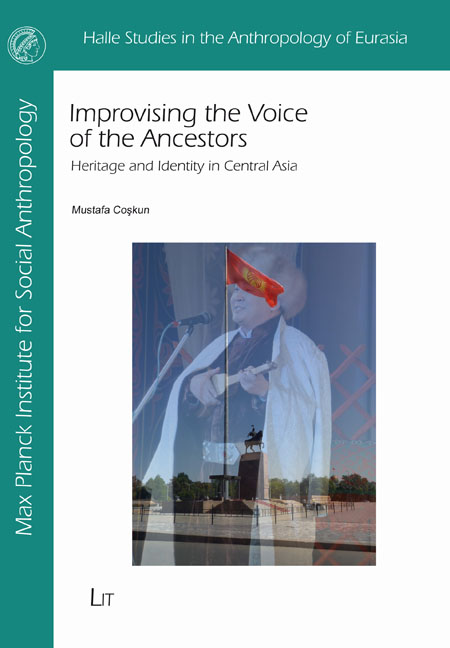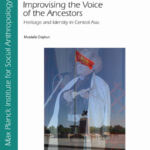Beschreibung
Cultural heritage and national identity have been significant themes in debates concerning Central Asia following the dissolution of the Soviet Union, not only in academic circles, but more importantly among the general public in the newly independent Central Asian states. Inspired by insights from a popular form of traditional cultural performance in Kyrgyzstan, this book goes beyond cultural revival discourse to explore these themes from a historically informed anthropological perspective. Based on fourteen months of fieldwork and archival research in Kyrgyzstan, this historical ethnography analyses the ways in which political elite in Central Asia attempts to exercise power over its citizens through cultural production from early twentieth century to the present.
Mustafa Coșkun is a cultural anthropologist whose research in oral traditions explores cultural politics of heritage and identity in Central Asia. He conducted his doctoral research as a member of the International Max Planck Research School for the Anthropology, Archaeology and History of Eurasia (IMPRS ANARCHIE).


 Download
Download 